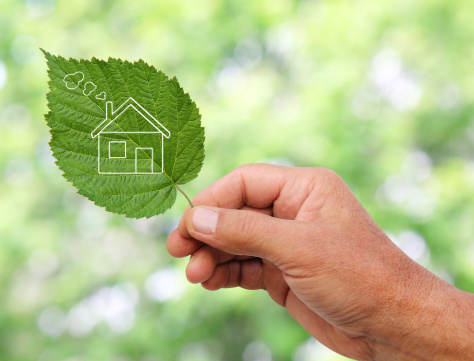Carbon monoxide is a colorless, odorless, and tasteless gas responsible for between 20,000 and 30,000 non-fatal and about 500 fatal poisoning incidences in the US annually. Worryingly, it can easily seep through building materials like gypsum wallboards, according to a study published in the Journal of the American Medical Association (JAMA).
The Current State of CO Detection
The only way to detect this gas’s presence in your home is by installing a carbon monoxide detector. Surprisingly, 10 out of 25 states that require residents to install carbon monoxide detectors in their homes ruled that homeowners who do not have carbon monoxide sources like gas stoves can forgo installing the relevant detectors. This state of affairs has toxicologists worried that the rate of CO poisoning will rise in the near future. According to Eric Lavonas, MD, associate director of the Rocky Mountain Poison and Drug Center in Denver, Colorado, even neighbors using charcoal grills outdoors can turn your home into a CO poisonous zone.
Installing a CO detector, though commendable, does not make your home entirely safe. This is because the CDC reckons up to 70% of all CO alarms installed in American homes do not function as expected. Moreover, many homeowners wrongly believe smoke alarms can function as carbon dioxide detectors.
Carbon Monoxide Dangers beyond Your Home
CO poisoning risks exist in many other places besides your own home. This is especially true in the travel and hospitality industry where one could stay in a hotel or holiday apartment that does not have carbon monoxide alarms. Frederic Feuerbach, MD, and grandfather of two children killed by CO poisoning alongside their parents in an Aspen rental home, recommends carrying a portable CO alarm when traveling locally or internationally. Common CO poisoning symptoms include nausea, sleepiness, headache, shortness of breath, muscle control loss, and tightness in the chest. To avoid CO poisoning, avoid idling car in your garage, never use gas-fueled room heaters, install CO alarm, and never use outdoor grills indoors.
Conclusion
Carbon monoxide can wreak havoc in an enclosed environment where people live/work. This can be inside your own home or in a holiday rental property. To avoid accidental poisoning, install a CO detector and always switch off car after parking in your garage. Follow us for more great content on heating, air conditioning and home needs.

